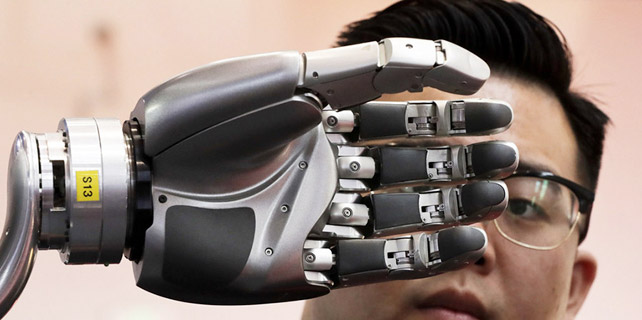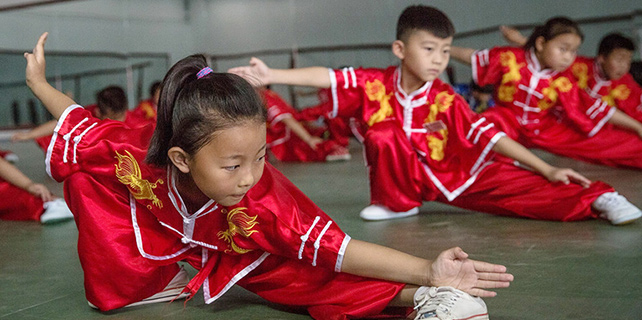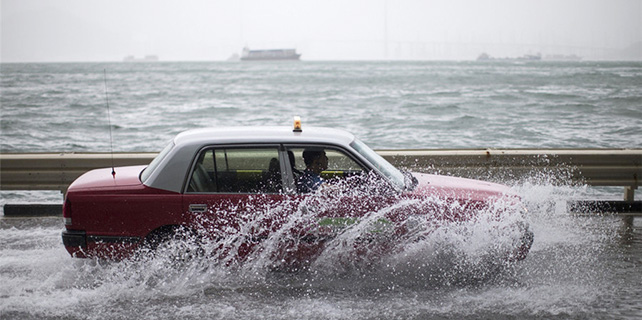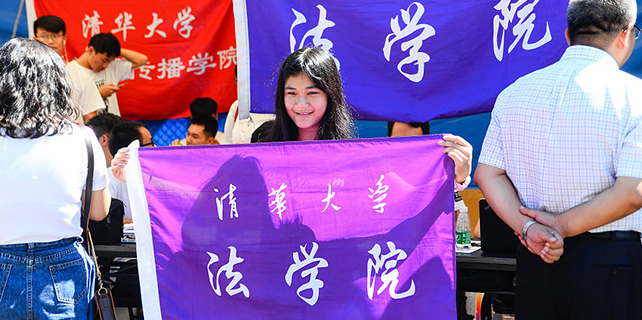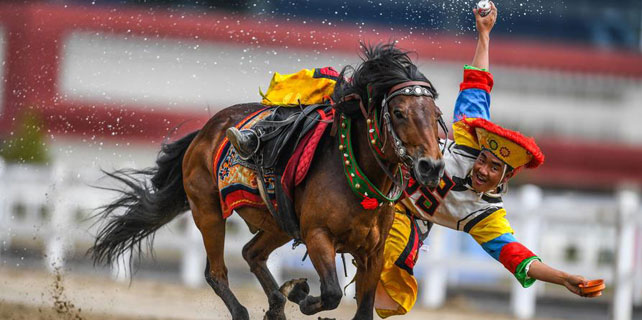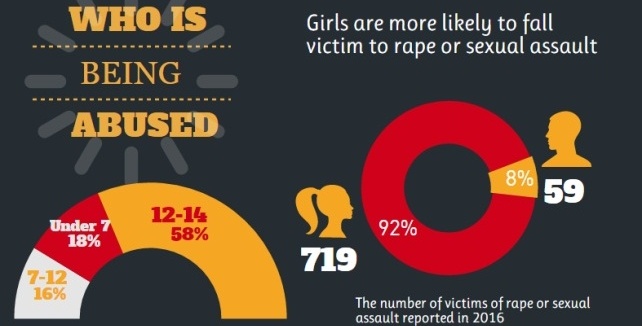Police deploy for Thai verdict against former PM Yingluck
Some supporters outside the court in Bangkok held roses while others wore white gloves with the word "love" on them.
Bangon Saeliang, 56, a market vendor from Bangkok, said she turned up to support Yingluck because she felt the former prime minister had done nothing wrong.
"Farmers benefited from the scheme," she said.
Before giving a verdict in Yingluck's case, the court will rule in the case of Yingluck's former commerce minister Boonsong Teriyapirom who is accused of falsifying government-to-government rice deals between Thailand and China in 2013.
The Shinawatra family has dominated Thai politics for more than 15 years and their parties have won every general election since 2001, but it is at the heart of a bitter and bloody power struggle in Thailand.
Yingluck's brother, former prime minister Thaksin Shinawatra, was ousted in a 2006 coup. Supporters of the Shinawatras accuse the ruling generals of political persecution.
The military government has acknowledged it wants to maintain permanent influence over future elected governments, partly through a new constitution that took effect earlier this year.
Prime Minister Prayuth Chan-ocha, who led the 2014 coup against Yingluck's government, has said the coup was to end political turmoil in the country. He has promised that an election will be held next year.
Regardless of whether she is found guilty or innocent, Yingluck will not be able to run in that election because she was banned from politics for five years in 2015 by the junta's legislature for alleged graft in the rice-purchasing programme.
If Yingluck is found guilty she has 30 days to appeal and is expected to post bail, avoiding any immediate prison time.
Reuters







